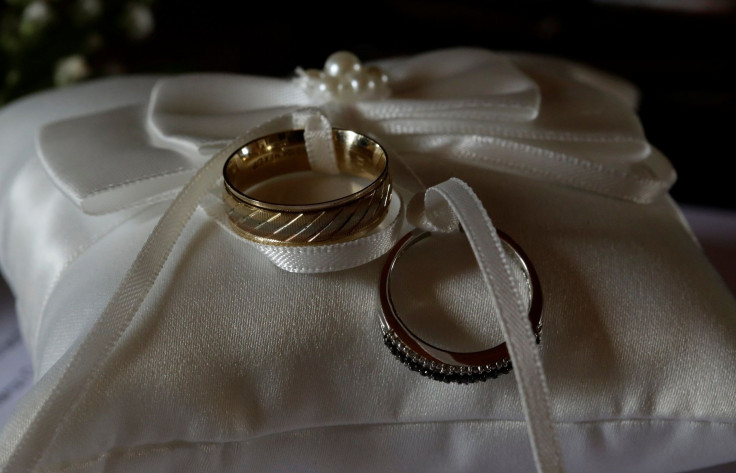Joyless marriage not ground for divorce: UK Supreme Court

Unhappiness in marriage is not ground for divorce in the UK, the Supreme Court has ruled. A woman who wants to divorce her husband has been denied the split after five justices unanimously upheld the rulings by a Family Court judge and Court of Appeal judges.
Tini Owens, 68, wanted to divorce her husband, Hugh, who refused. She has argued that she should not stay married to her husband of 40 years because their marriage had broken down and was loveless. But Mr Owens refuses to divorce her, denying his wife’s allegations about his behaviour.
Although their decision was unanimous, the Supreme Court judges said they ruled it “with reluctance,” telling Ms Owens that she must remain his wife because an unhappy marriage is not adequate grounds for a divorce if one spouse refuses to it.
“The appeal of Mrs Owens must be dismissed. She must remain married to Mr Owens for the time being,” Supreme Court judge Lord Wilson said in the ruling. “Parliament may wish to consider whether to replace a law which denies to Mrs Owens any present entitlement to a divorce in the above circumstances.”
Supreme Court president Lady Hale said it wasn’t for them to “change the law,” saying she found the case “very troubling.”
The current law in England and Wales doesn’t provide for a no-fault divorce. Spouses can only obtain divorce if they both agree to it. If only one party agrees to it, then it must be proven that the marriage has broken down due to unreasonable behaviour or desertion or adultery. A spouse can also obtain divorce without the other’s consent if they have been living apart for at least five years.
Tini and Hugh Owens, who have two adult children, were married in 1978. She first consulted lawyers about a divorce in 2012, but she still shared home with Hugh until February 2015. The following May, she petitioned for divorce, claiming his behaviour affected their marriage. Hugh denied fault in their marriage. He, however, admitted that their relationship had never been emotionally intense. He hoped his wife would still change her mind.
During the initial hearing in October of the same year, Tini was allowed to expand her grounds for divorce to 27 examples, the Guardian reports. The case was still dismissed due to apparently being flimsy and exaggerated.
She then took her case to the court of appeal but it was again dismissed by three judges. In their decision, they said that she had failed to establish that their marriage had irretrievably broken down.
And with the case still dismissed by the Supreme Court justices, Tini had left without a recourse. Without Hugh’s consent to divorce, her only recourse is to stay married to him until 2020, five years after leaving their family home.





















